Industries that require the use of drive rolls include automotive manufacturing, for use in timing belts and other power transmission applications; healthcare, for imaging equipment such as magnetic resonance imaging (MRI) and computerized axial tomography (CAT) scans; mining, for bulk material handling applications; office equipment design, for machinery such as printers and scanners; and lumber, in equipment such as plywood machinery, which is used to turn logs and peel the wood. Read More…
Harwood Rubber Products provides top quality rubber rollers and a variety of custom products. We are capable of producing a great diversity of rolls and coverings for a broad customer base.
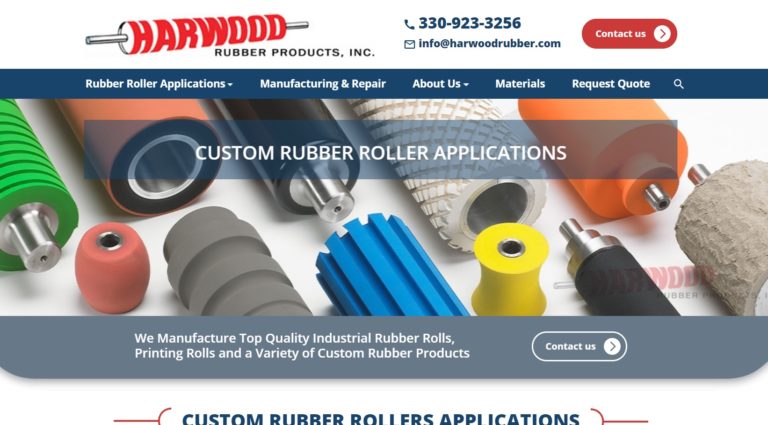
Since 1948, REDCO Rubber Engineering & Development has been manufacturing rubber rollers, idler rolls and conveyor rollers. We serve industries such as computers, printers and paper handling.
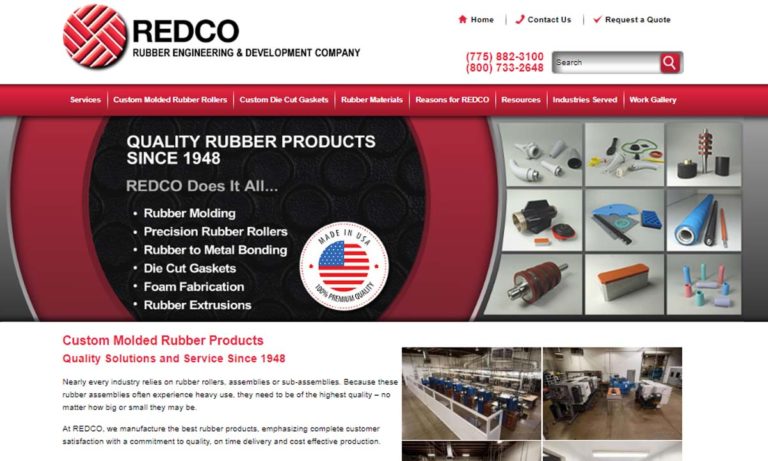
Our guide rollers are made from the highest quality materials in the industry. We take pride in adhering to our company values, like integrity and honesty. As a family owned and operated company, we like to treat customers like our own family. We will always look for the best prices and the prefect solution. Give us a call today to see how we can help you meet your goals!
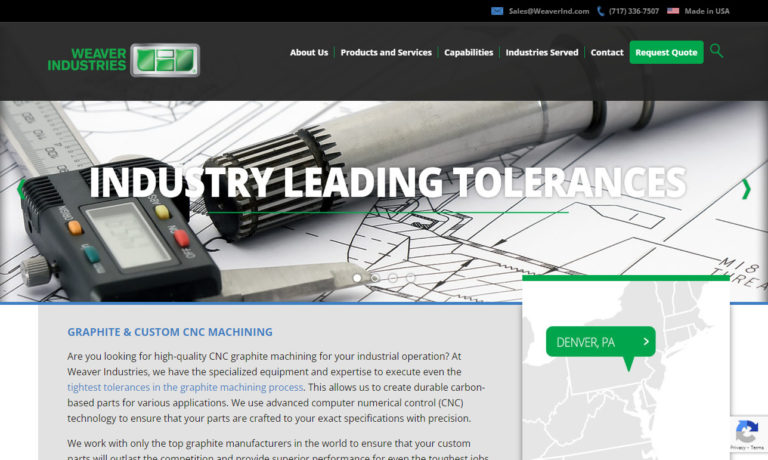
TPC, Inc. is a dedicated and trusted manufacturer of rollers. We manufacture rollers in all shapes, sizes, designs, and colors to meet the needs of our customers and keep their process moving. Our team of experts is dedicated to the production and innovation of our products. As a result, TPC, Inc.’s custom-fit solutions are perfected for customers of all industries.
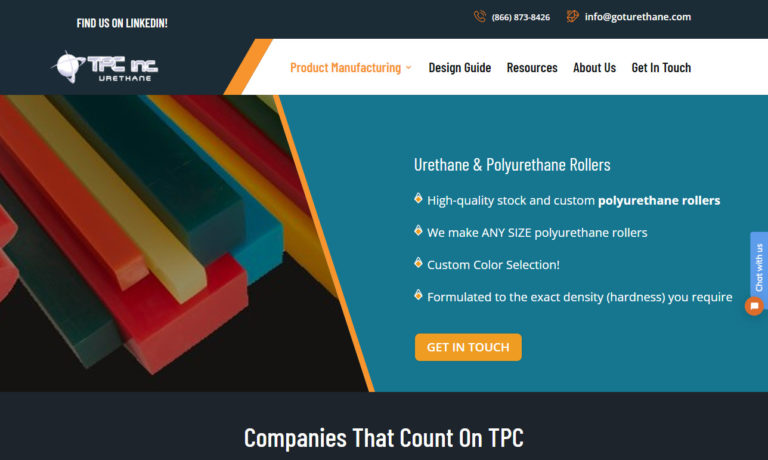
More Drive Roller Manufacturers
Additional industries that benefit from drive rollers include construction, food and beverage, packaging, chemical processing and more. Able to be motorized or manual, drive rollers are often manufactured from materials such as polyurethane (PU), vulcanized rubber and silicone rubber. Different styles of drive rollers are manufactured for varying applications, and differences include varying load carrying capabilities, surface area design and material strength.
Drive rollers are typically manufactured through molding processes - either injection or compression. When formed using the injection molding process, small pieces of rubber are heated to a molten state and then injected into the mold cavity. Water is run over the mold in order to cool it and form the roller. When formed during compression molding, the rubber is again heated to a molten state, but instead of being injected into the mold, the material is placed into an open, heated mold.
Next, extreme pressure is applied by closing the mold by means of a top force or a plug member. The resulting pressure pushes the molten rubber against the walls of the mold, and both heat and pressure are maintained until the roller is cured and fully formed.
Drive rollers may have a grooved or altered surface area in order to better fit certain applications. In some instances, this surface area design is achieved by knurling. Knurling is a forming process, typically done on a lathe, which is used to create a rough patterned texture on the surface of a metal or rubber in order to provide grip or enhanced aesthetics. In addition to altered surface areas, drive rolls differ from other types of rubber rolls in that they have integral shafts with a keyway that allows sprockets or gears to run the roller.

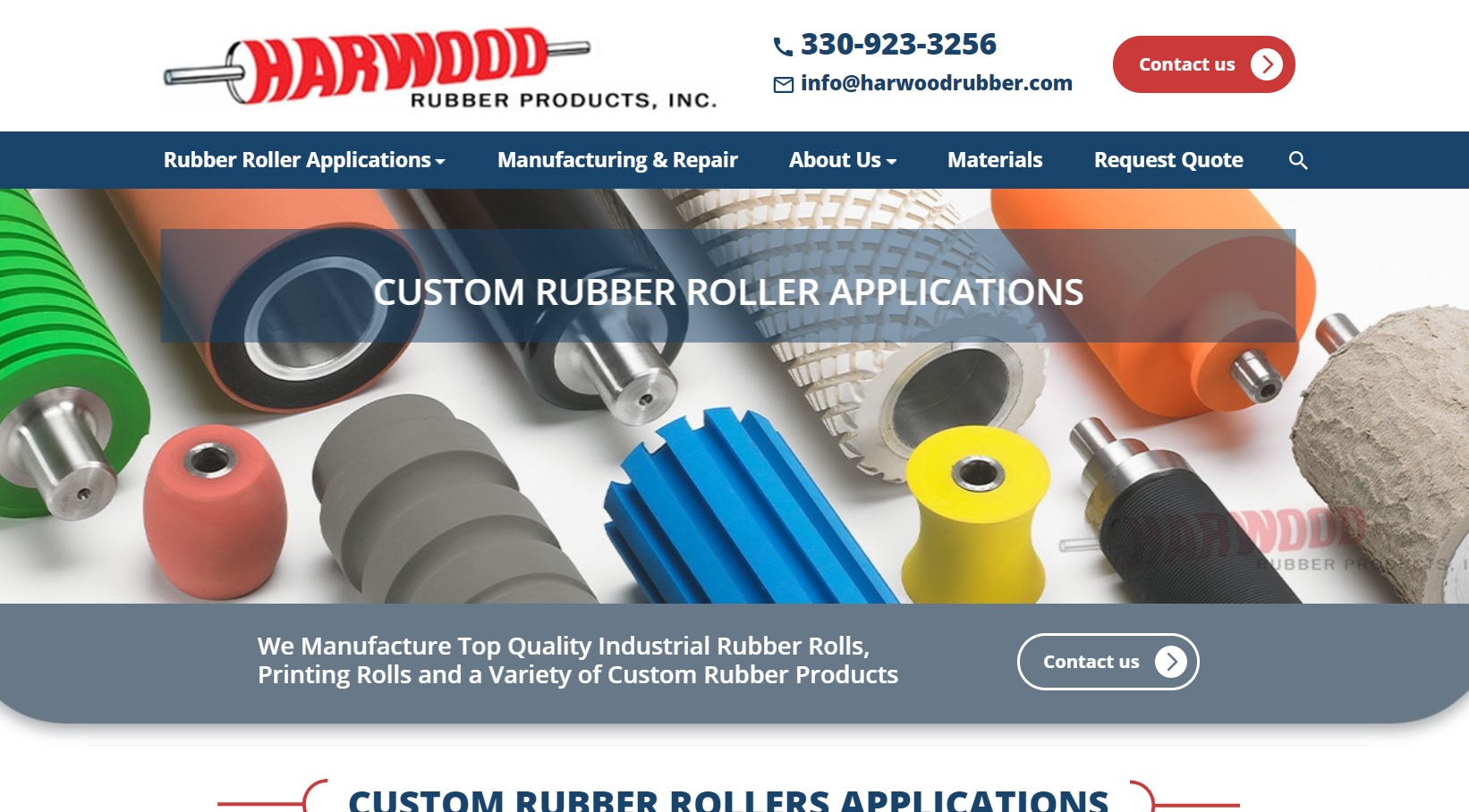



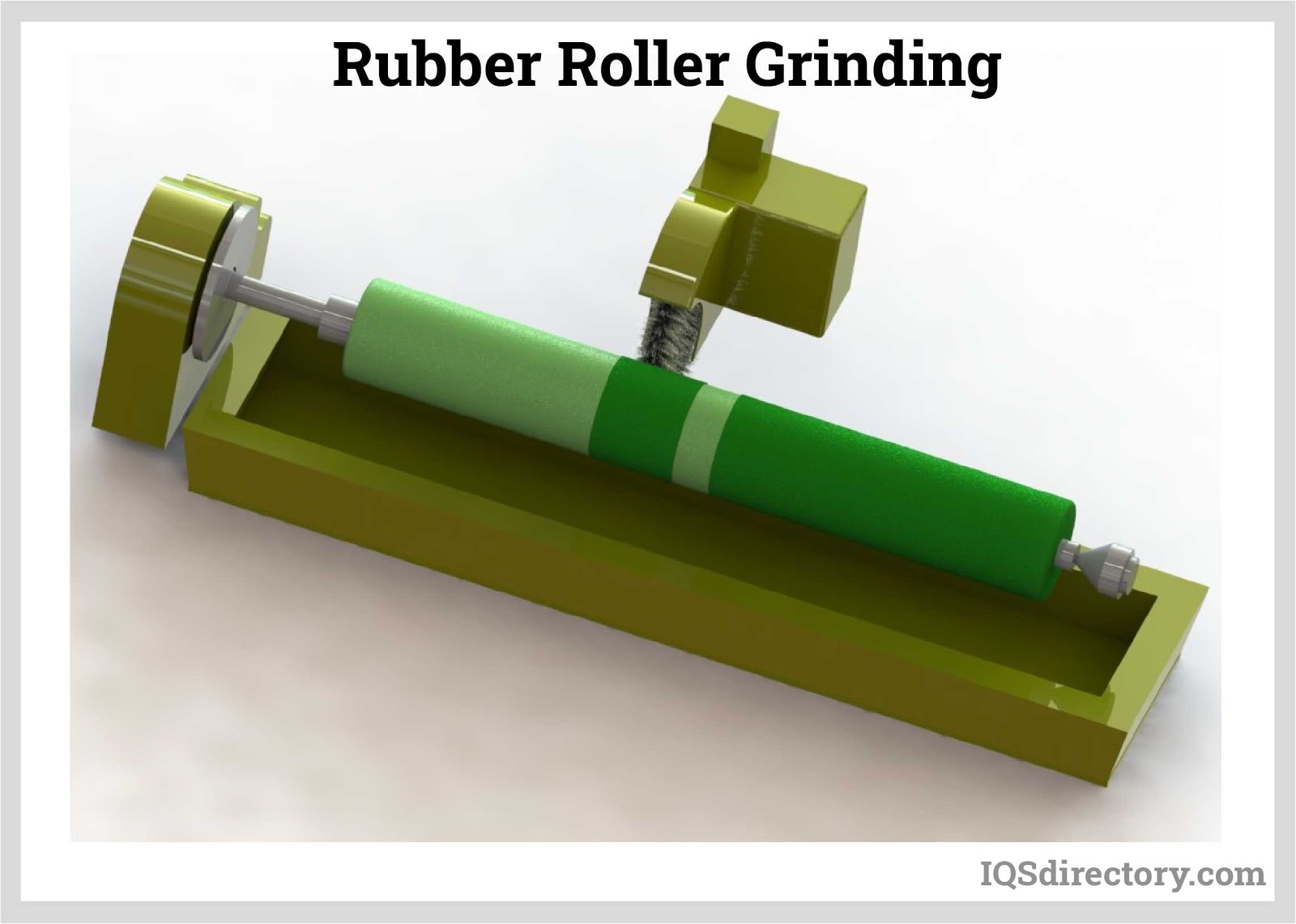
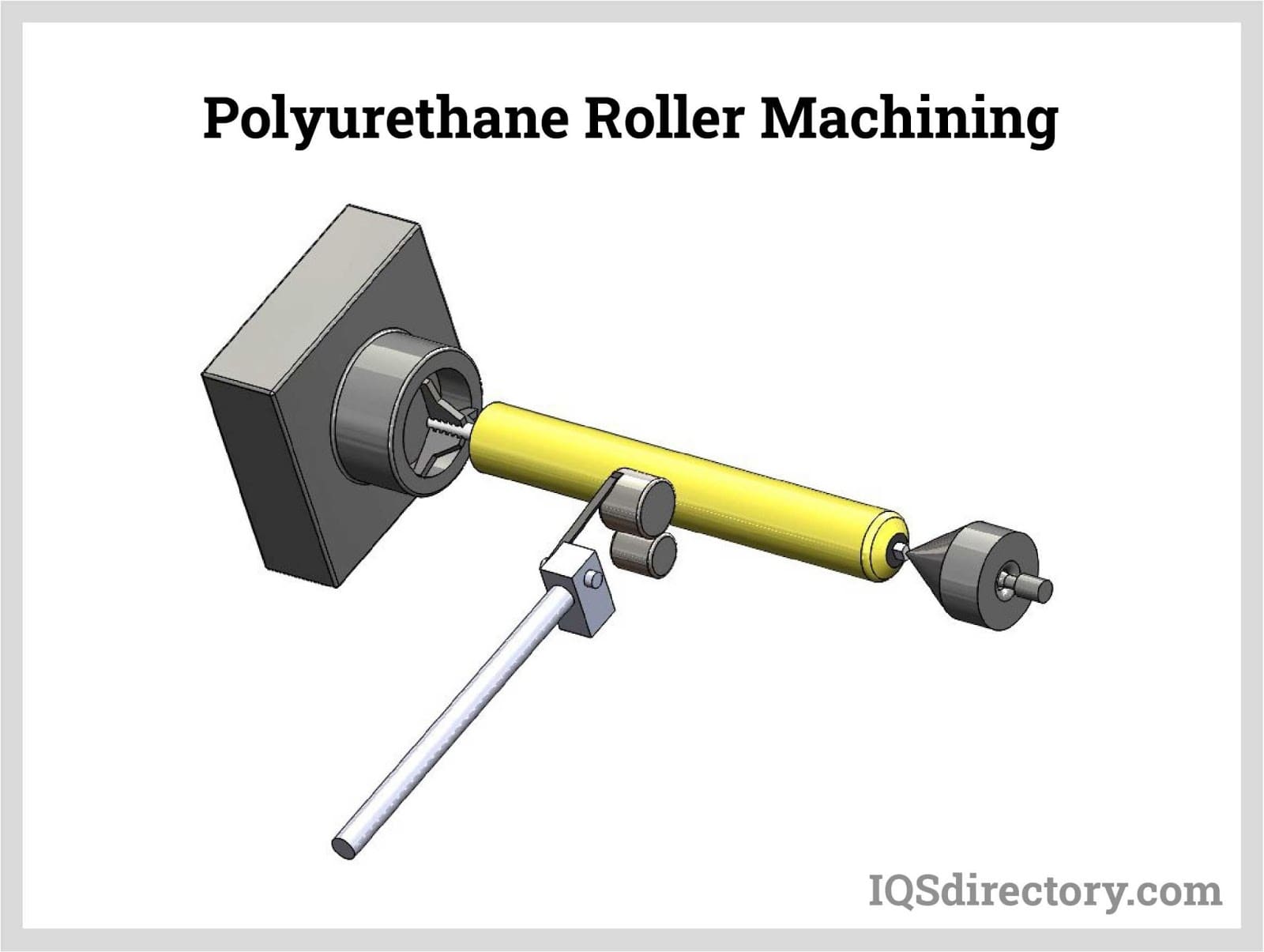
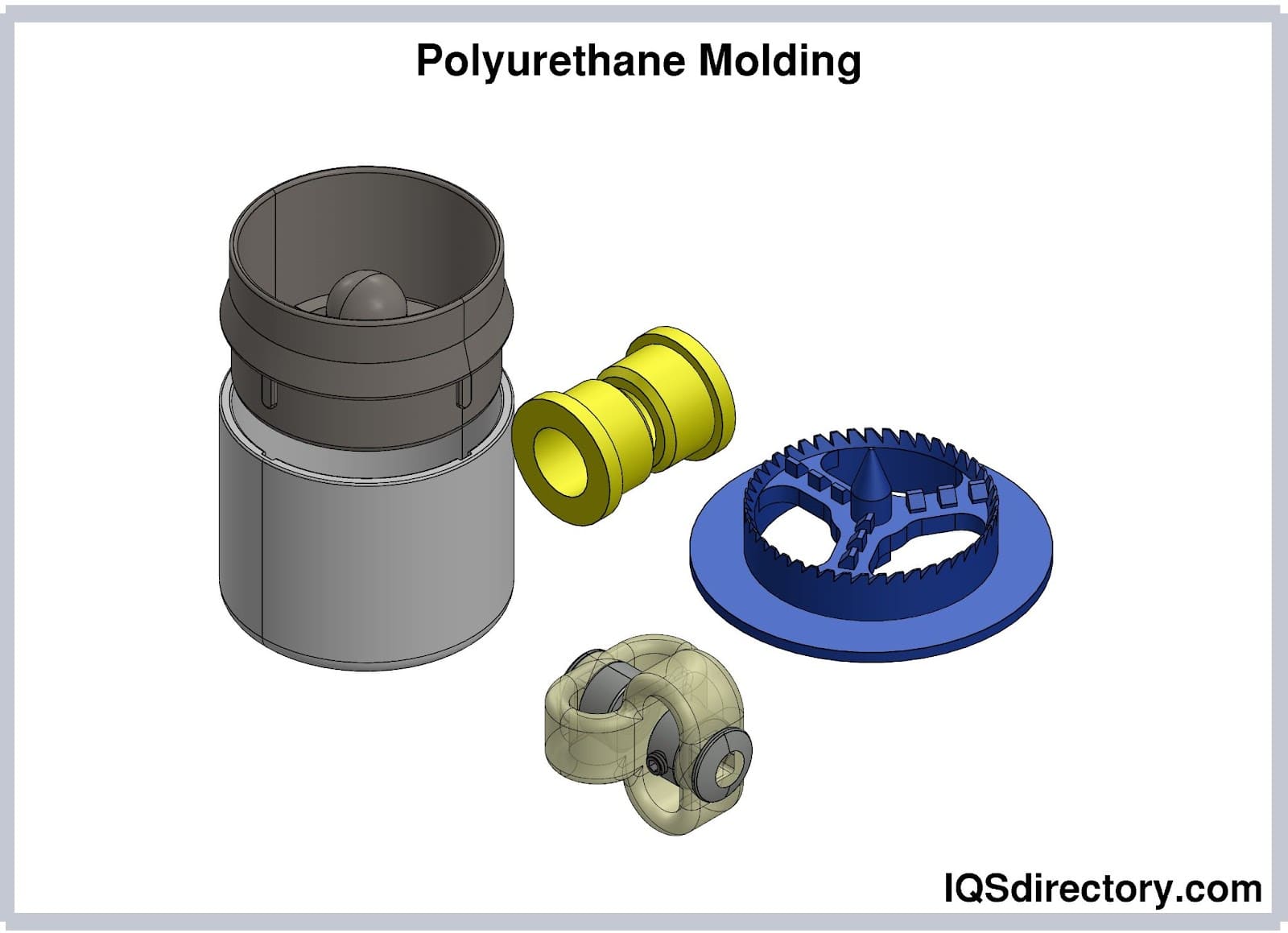
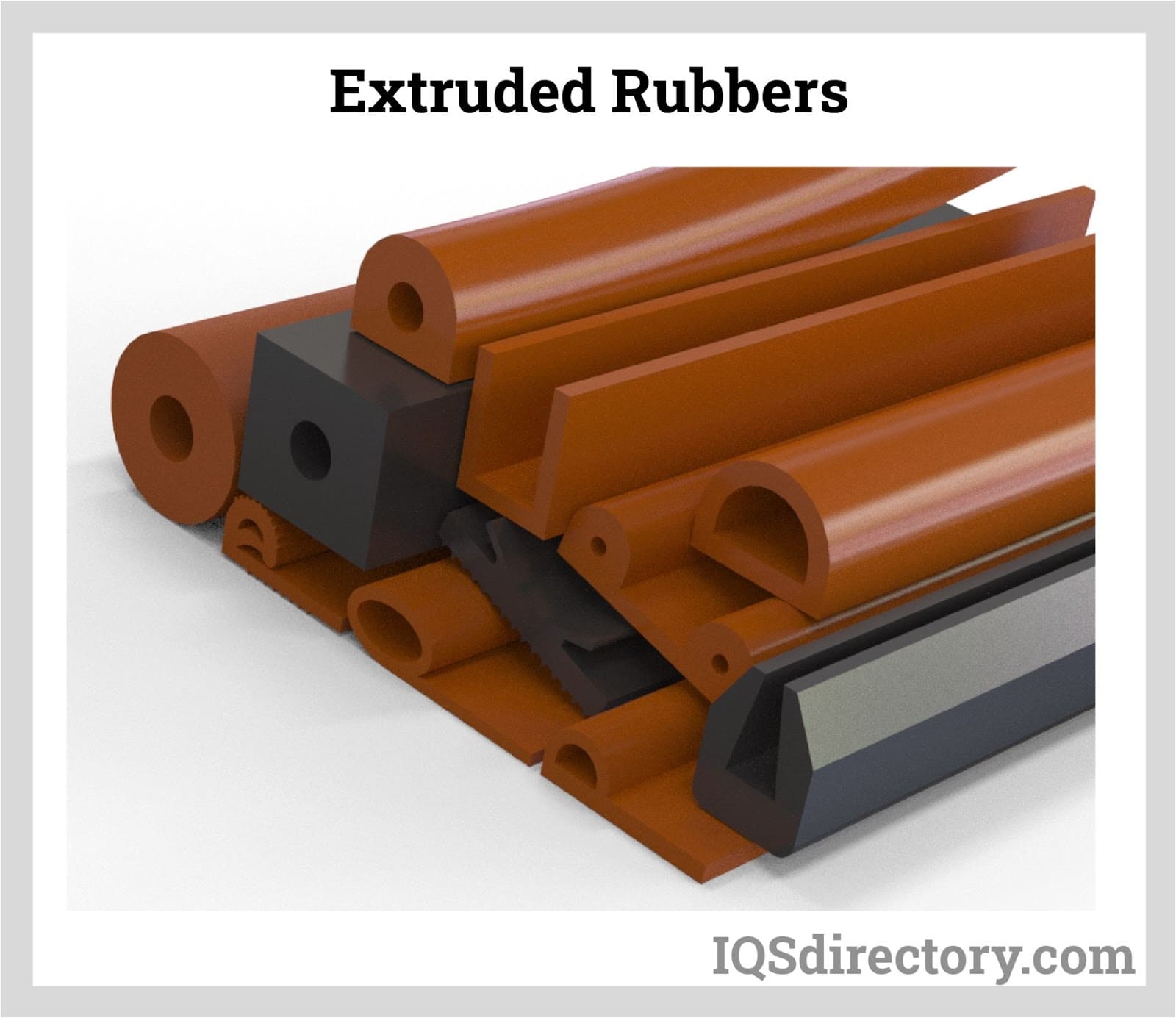
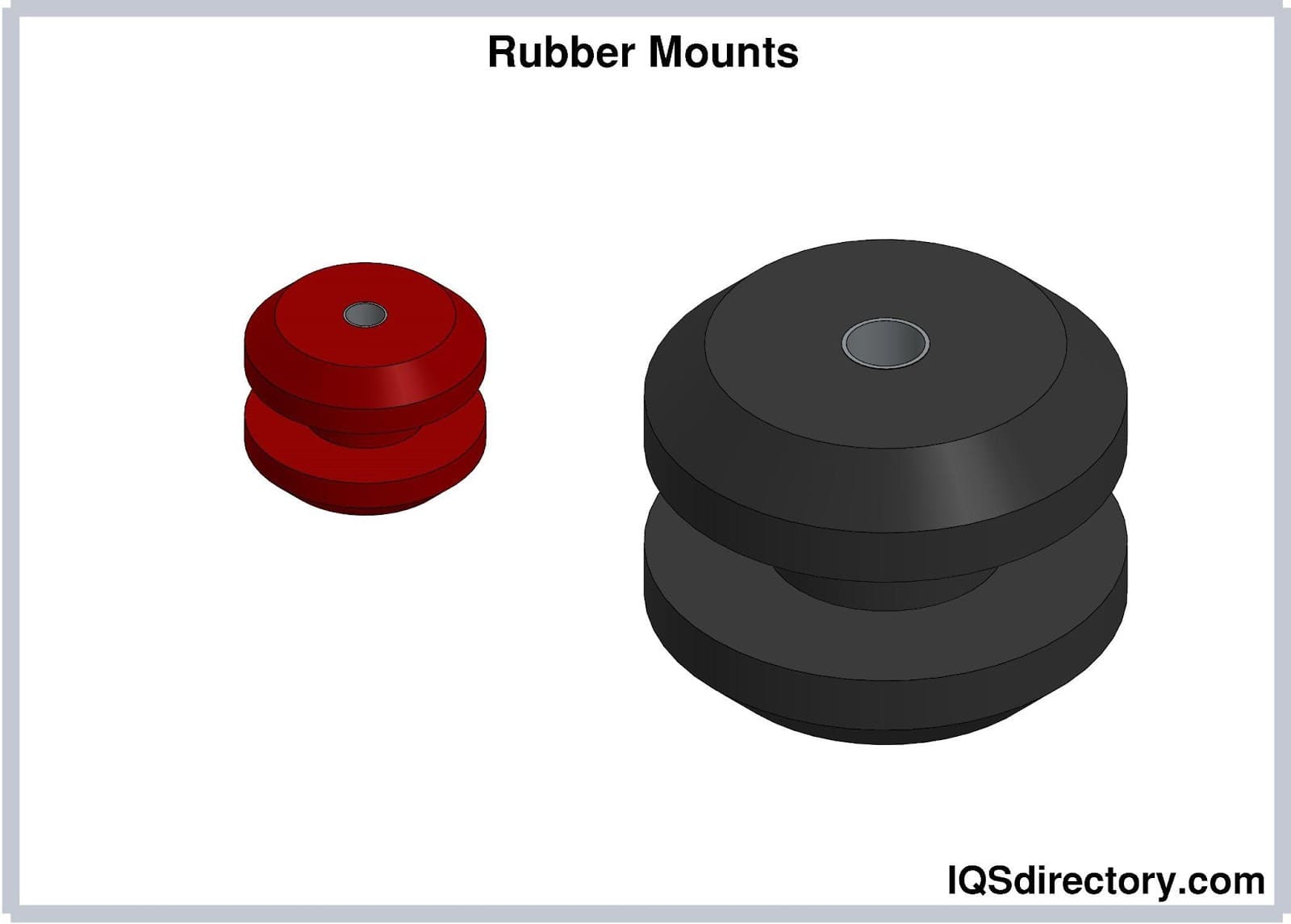
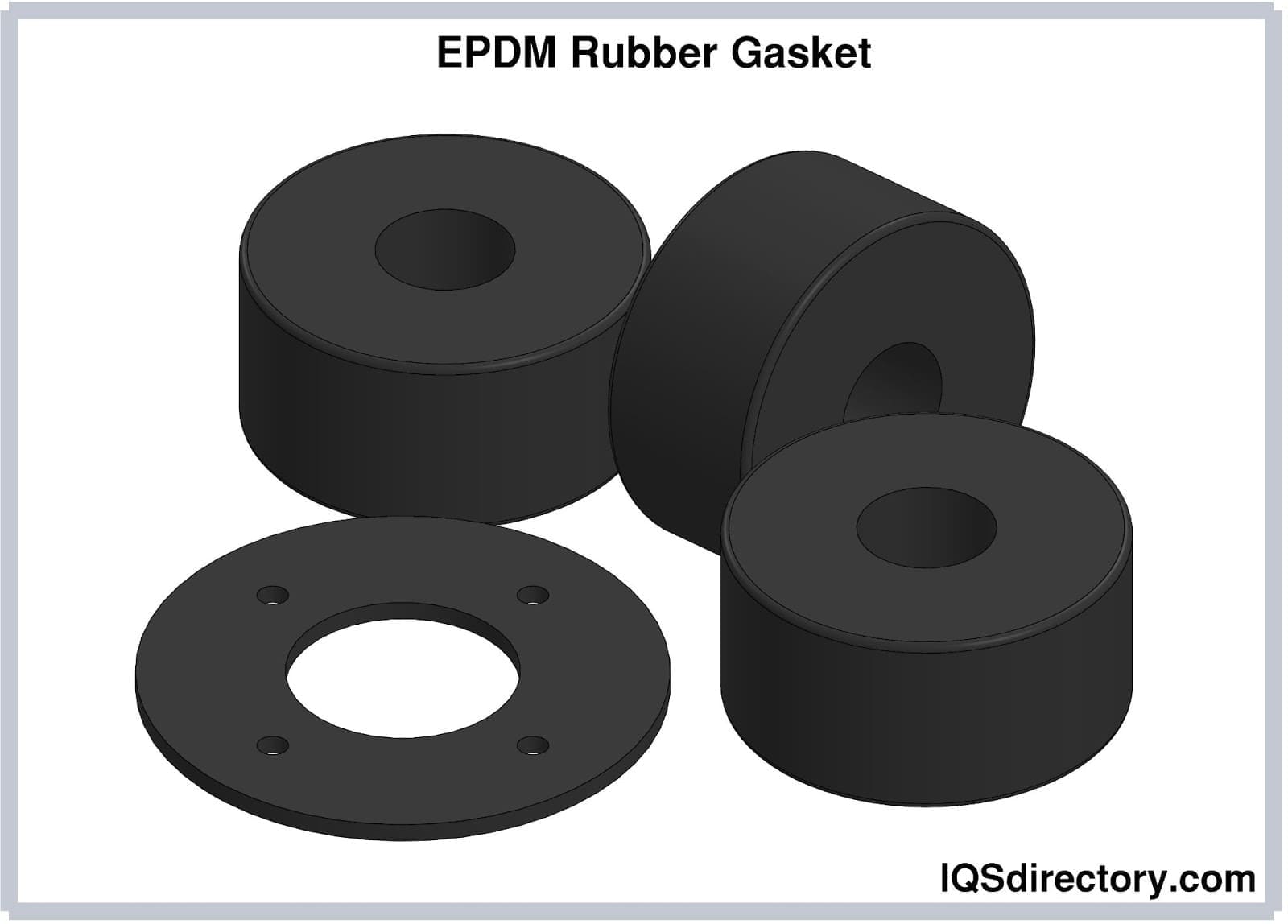
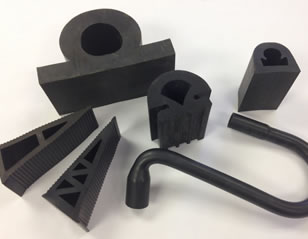 Rubber Extrusions
Rubber Extrusions Rubber Molding
Rubber Molding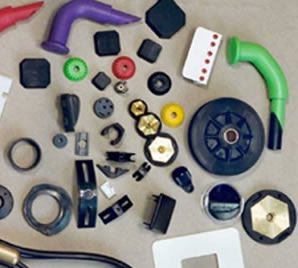 Rubber to Metal Bonding
Rubber to Metal Bonding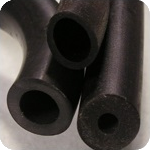 Rubber Tubing
Rubber Tubing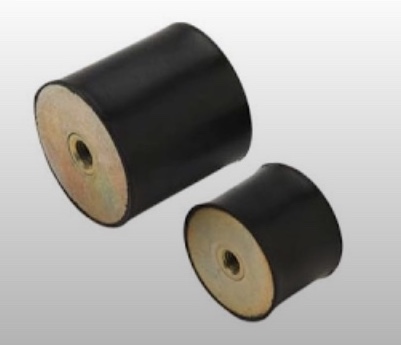 Vibration Absorbers
Vibration Absorbers Castings & Forgings
Castings & Forgings Bulk Material Handling
Bulk Material Handling Electrical & Electronic Components
Electrical & Electronic Components Flow Instrumentation
Flow Instrumentation Hardware
Hardware Material Handling Equipment
Material Handling Equipment Metal Cutting Services
Metal Cutting Services Metal Forming Services
Metal Forming Services Metal Suppliers
Metal Suppliers Motion Control Products
Motion Control Products Plant & Facility Equipment
Plant & Facility Equipment Plant & Facility Supplies
Plant & Facility Supplies Plastic Molding Processes
Plastic Molding Processes Pumps & Valves
Pumps & Valves Recycling Equipment
Recycling Equipment Rubber Products & Services
Rubber Products & Services